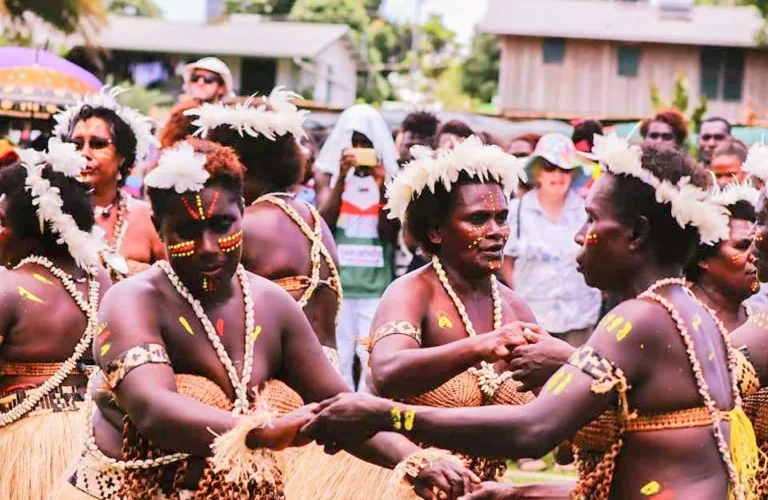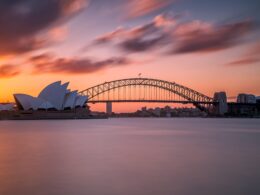Papua New Guinea’s Prime Minister, James Marape, has announced he will not attend the upcoming United Nations Global Climate Summit (COP29) in Baku, Azerbaijan, citing the lack of global commitment to rainforest conservation as his primary reason. Instead, the nation’s delegation, led by Environment, Conservation, and Climate Change Minister Simo Kilepa, will focus on advocating for Papua New Guinea’s bid to host the Green Climate Fund Board meeting next year, highlighting the country’s dedication to climate leadership and green financing initiatives.
Prime Minister Marape expressed deep concern over the continued failure of high-emission countries to uphold key aspects of the Paris Agreement, particularly Articles 5 and 6. These provisions emphasise the importance of conserving greenhouse gas sinks like forests and establishing a cooperative framework for international carbon markets. Marape pointed out that major industrialised nations have not fully honoured their commitments to these obligations, either at the government or industry level.
“Papua New Guinea is a major rainforest nation, and we are making our stance clear by protesting against these nations who do not prioritise rainforest conservation. The conversation on climate change is incomplete without genuine action on preserving the world’s rainforests, which serve as vital carbon sinks and replenish our atmosphere through oxygen production and carbon removal,” Prime Minister Marape stated.
He highlighted that COP summits often fail to adequately address the essential role rainforests play in combating climate change. Papua New Guinea’s rainforests, rich in biodiversity, serve as significant carbon sinks, capturing vast amounts of CO₂ and producing oxygen. Recent studies suggest that protected tropical rainforests could sequester up to 30% of global carbon emissions, underscoring the urgent need for conservation efforts.
Marape called on high-emission countries to move beyond “meaningless talkfests” and take meaningful steps toward rainforest preservation. “We need real sponsors of rainforest conservation, not just rhetoric,” he emphasised. “The world must recognise rainforest conservation as a cornerstone of effective climate action.”
By opting out of COP29, Papua New Guinea is signaling a firm commitment to impactful climate strategies and holding global powers accountable. Marape expressed optimism that COP30 in Brazil, another nation with significant rainforest cover, will prioritise rainforest conservation and reforestation.
“We look forward to COP30 in Brazil, where we hope rainforest nations will have a stronger voice,” Marape concluded. “Papua New Guinea has sent our regrets to the COP29 organisers and reiterates our call for more robust global support for rainforest preservation.”






















